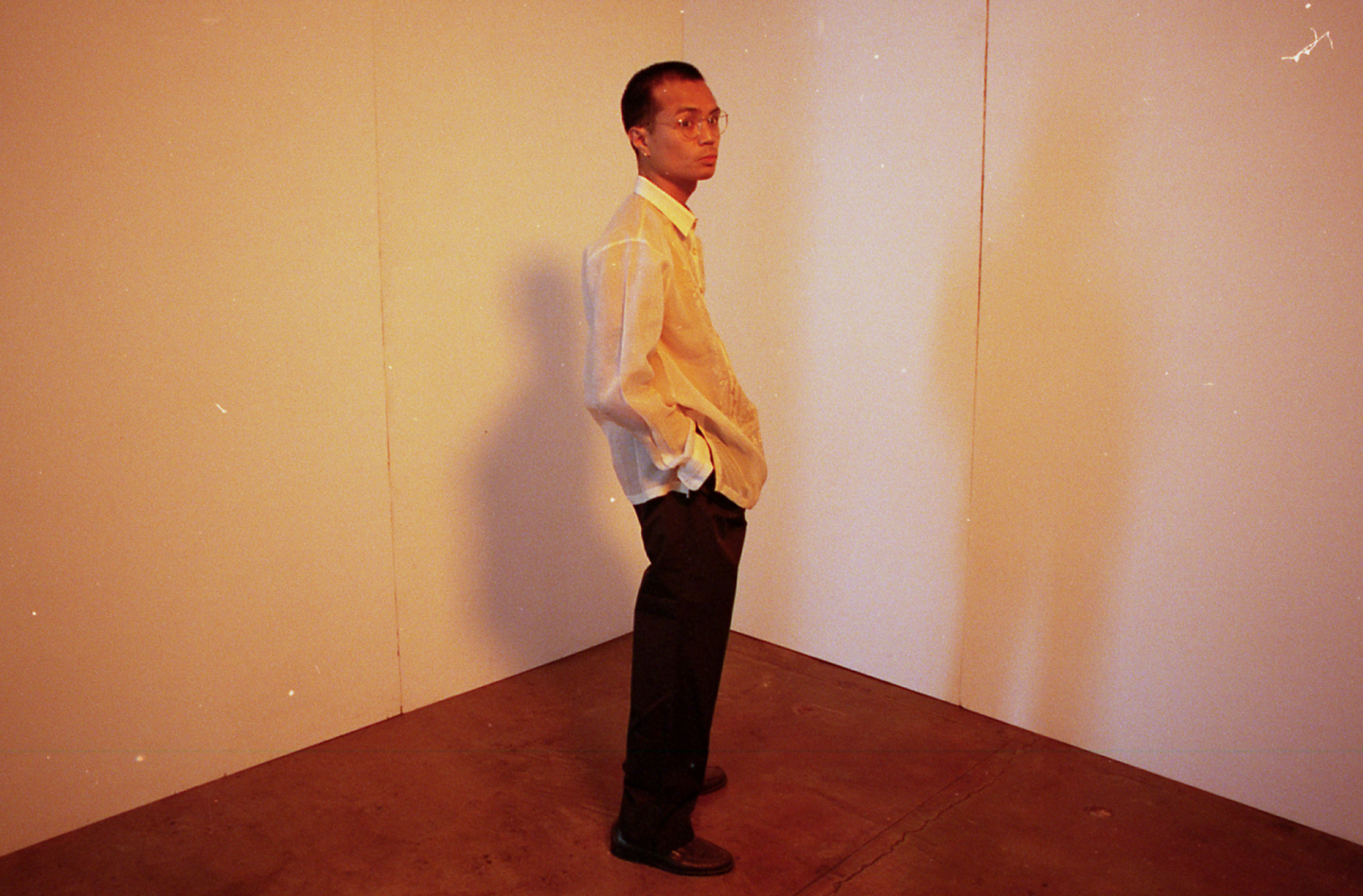
A quick look at any music streaming service would yield to a neatly arranged homepage. Symmetrical square icons feature the faces of artists paired with catchy titles: Are & Be, Gold School, Tatak Pinoy. It could be said that it’s all because of the algorithm. Listening habits converted into data makes finding music more efficient and personal. However, there’s some comfort to be found as well in the ability to streamline all of the world’s music into quick and easy categories. Circle peg fits into a circle hole. Soulful vocals with a prominent backbeat fall under rhythm & blues. A person from the Philippines is Filipino. But is it ever really that simple? With traces of R&B, hip-hop, and indie rock in his music, Filipino-American artist Yeek thrives in liminal spaces.
“It’s a lot like being in the middle at times,” Yeek says when asked about his identity as a Filipino-American. Yeek (Sebastian Carandang) was born in New Jersey to parents who had moved to the States in their early 20s. Here, the cultural markers for the Filipino diaspora were ubiquitous. The Filipino store was always just around the corner and community could be found through the church. “America is such a melting pot where a lot of culture is shared. You adapt to these cultures that are around you, from the neighborhood you grew up in to the school you go to. You can get a good sense of what it means to be Filipino and a good sense of what it means to be born in America.”
But locating the Filipino in Filipino-American doesn’t come easy. “It’s as if you’re searching for your identity in a sense,” Yeek shares as he talks about the time his family moved to Florida. At the age of 12, Yeek found himself in the Sunshine State where it was difficult for him to not stand out. The Filipino population in Florida was significantly smaller than New Jersey. This made Filipino culture hard to come by, yet Yeek found ways.
In addition to his parents’ home cooked meals—Sinigang, of course, being one of them, Yeek saw representation through music. “Joe Bataan is a legend in oldies and soul music. He’s American-born but he’s Afro-Filipino. He’s one of my heroes.” From Joe Bataan to Jason Dhakal, Yeek pays homage to the classics while signal boosting up-and-coming artists on NTS Radio’s Filipino-American History Month special. When asked about the thought process behind the tracklist, he says, “It was actually a lot of stuff I either grew up with or found recently. It goes back to the search for identity. I think that goes hand in hand with the kind of music that I would look up.”
But even Yeek’s own music is no stranger to being in the middle. “I think it’s easier for the person who’s listening to put my music into a certain category, but it’s hard for me to categorize it. Sonically, I think it’s a mix of a lot of different genres.” His 2019 EP IDK WHERE perfectly captures this. The EP starts off with “Cleaner Air,“ an indie rock anthem for the sun kissed youth. The song’s faint R&B inflections mature and take center stage by the time the last song, Fatigued, plays. This progression echoes the EP’s title. IDK WHERE maps out desire through different soundscapes unsure of where the EP is. This is the liminal. Genreless would be the term critics and writers have used to describe Yeek’s music, and it’s a term that Yeek himself has embraced.
In this liminal space, there’s room for Yeek to play. “I’m using my singing voice more,” Yeek proudly mentions as he talks about his upcoming album Valencia. “Back then, I would spend months practicing my craft with the guitar and solos, and I tried to get better at that.” Only in the West is a testament to this. Arguably one of the best hits from his 2017 self-titled album Sebastian, the track is an upbeat meditation on disillusionment, as told by the electric guitar. More layers are eventually added to the song’s steady strum, but his vocals are there to accentuate and not punctuate.
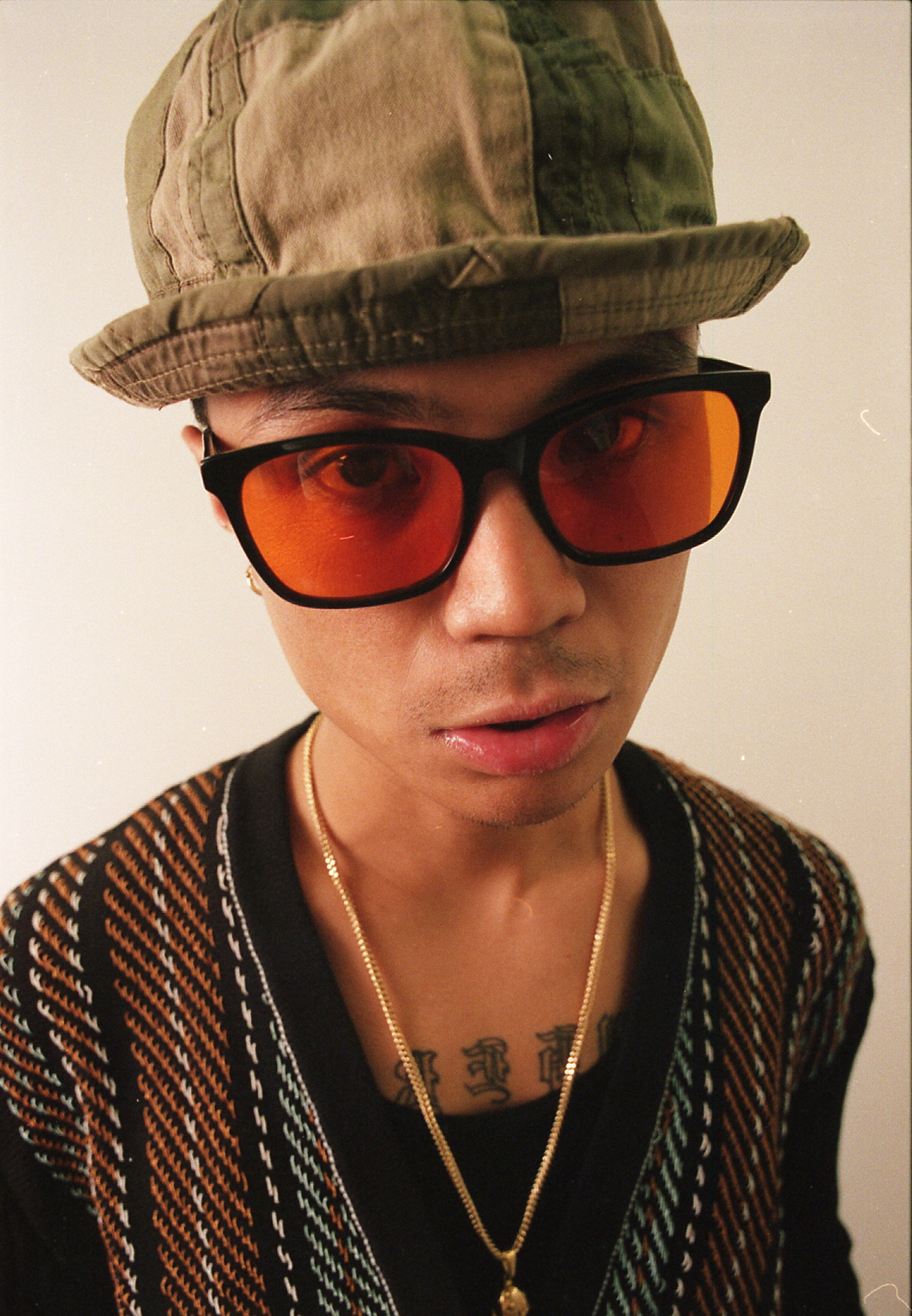
Images — Julian Burgueño
“I see my vocals as another instrument that I know how to play. For [Valencia], I’ve just been practicing singing.” Yeek poses a question to his long-distance lover in 3000 Miles (Baby Baby), the first single from the album. “How would you feel if I came through late at night, three thousand miles?” The yearning in his voice is palpable as it pierces through the track’s heavy percussion. “Who you want? What you need?” repeats again and again as if it were a litany. This is Yeek at his most vulnerable.
The title track for the album doesn’t hold back as well. In Valencia, Yeek’s vocals fall into step with the saturated haze of the synth. Disillusionment is sung in smokey shades of green and red, as stylized in the music video. “Sonically, it’s a little more R&B-leaning as a whole. That’s something that’s always lived through my music, but I think I did it more throughout this project.”

The key to traversing liminal spaces, even thriving in them, is the presence of a strong sense of self. As an artist, Yeek knows the scope and limitations of his work. “I don’t even mind people using the word genreless or calling it a specific genre because that’s what they hear. That’s their interpretation of it and I value people’s experience with it.” And when asked about his identity as a Filipino-American musician, he acknowledges his subject position. “I just do what’s authentic to me, to what I’ve been through in my life, to what I’m familiar with sonically. I don’t really worry too much because I just do me.” This is an artist that understands the nuances of what it means to be in the middle. Yeek definitely knows where he is.
1 Comment
Add comment Cancel reply
You must be logged in to post a comment.

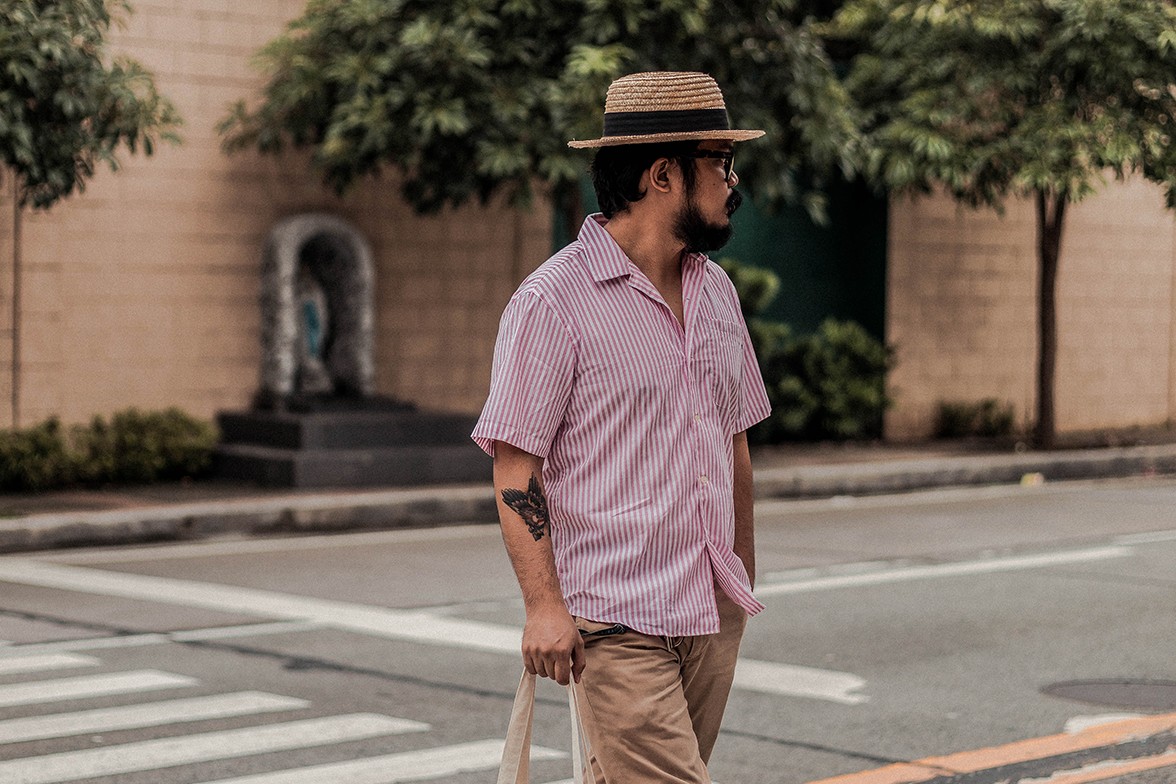
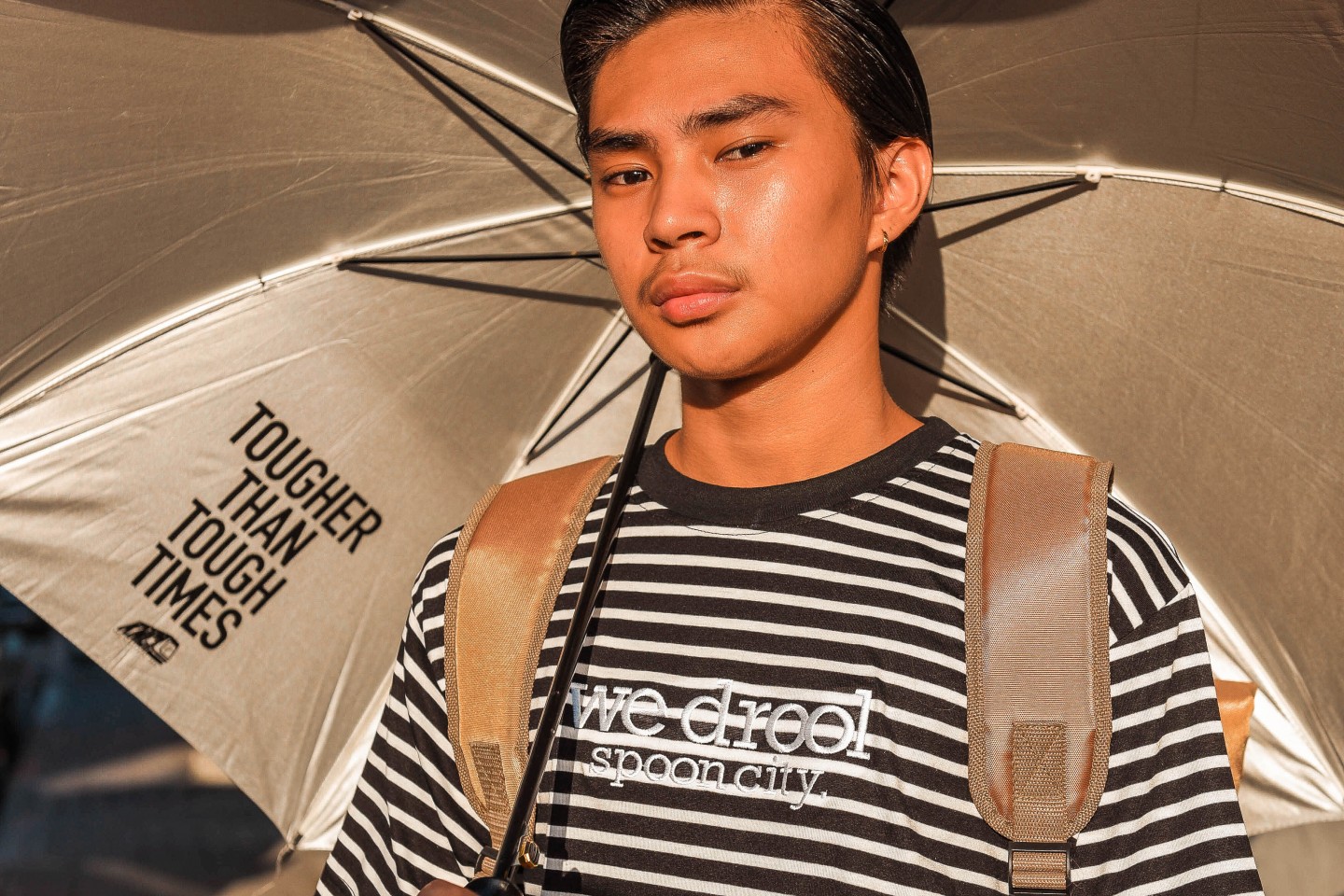

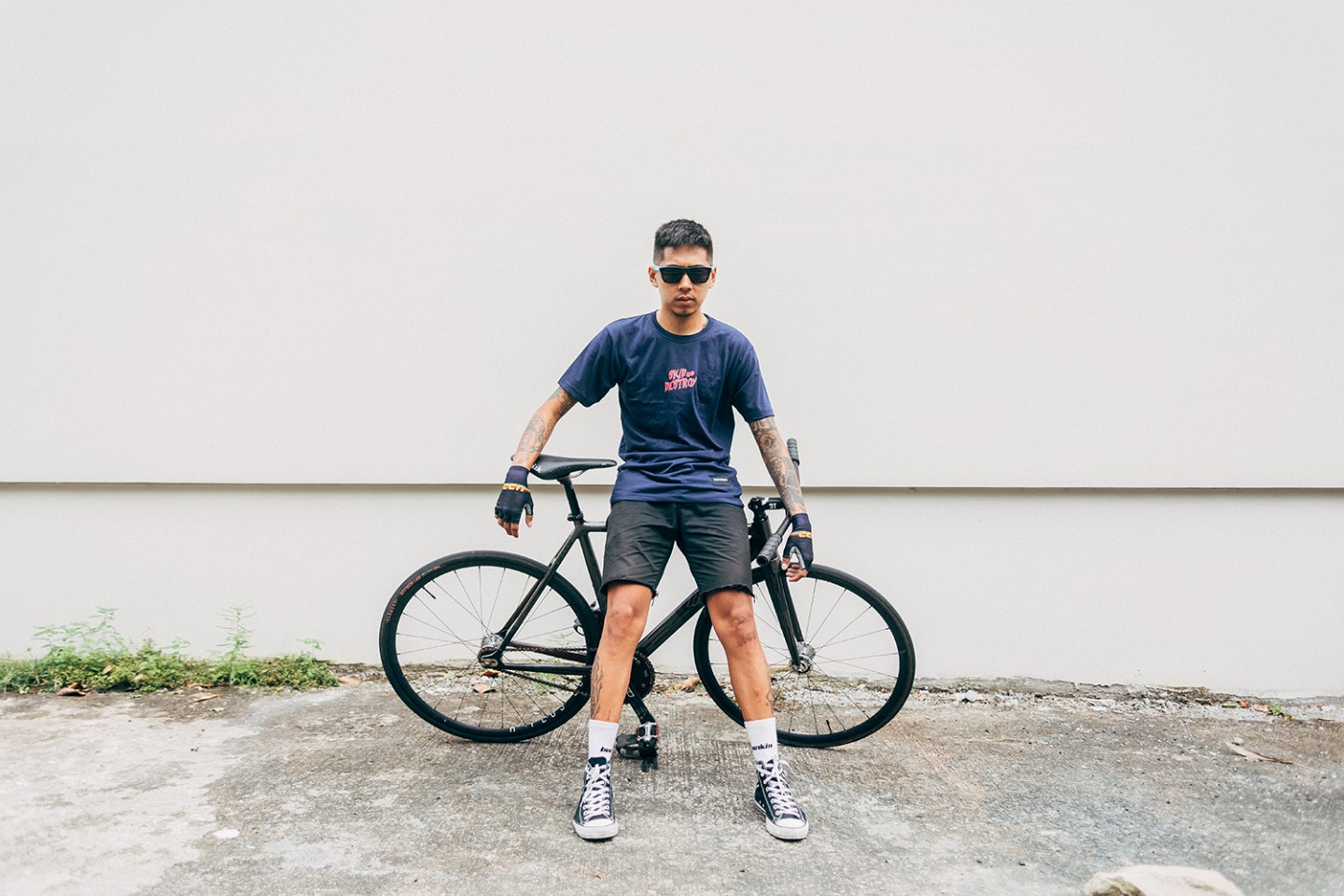
[…] Growing up in New Jersey, Yeek was immersed in the cultural markers of the Filipino diaspora. The Filipino store around the corner, home-cooked Sinigang, and community gatherings at the church all contributed to his sense of identity. However, it wasn’t until his family moved to Florida when he was 12 that Yeek truly grappled with his Filipino-American identity. In a state with a smaller Filipino population, he found ways to connect through music. Artists like Joe Bataan, an Afro-Filipino legend in oldies and soul music, became his heroes1. […]